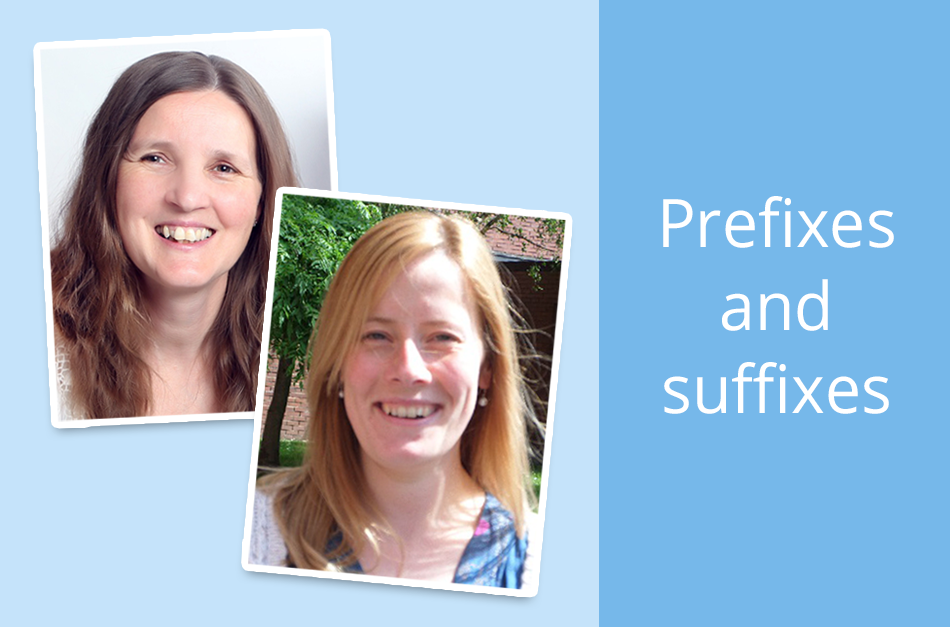
Seemingly disparate words can of course have common elements. What do the following words all have in common?
|
|
|
|
|
|
|
|
They all contain either a prefix or a suffix.
Prefixes and suffixes may only be a few letters long, but teaching students these can enable them to work out the meanings of thousands of new words therefore improving their reading ability, vocabulary knowledge and oral language.
Prefixes and suffixes are short sets of letters added either to the beginning (a prefix) or end (a suffix) of a word. They cannot stand alone, but change the meaning of the word they are added to. Take for example:
help: You could add a suffix to create different meanings such as helpful, helpless, helping, helper.
Or add a prefix and further change the meaning: unhelpful.
Prefixes and suffixes can be difficult for many students. When reading, some might simply see the root word and not realise that the few extra letters on the end may change the entire meaning of the sentence, causing difficulties with comprehension. Others might just see a long word they do not understand, and therefore give up on the sentence they are reading. However, if students know a wider range of the meanings of prefixes and suffixes, they will be able to break down and understand words. Take, for example, the word ‘transatlantic’. A student may simply see a long, difficult word. Broken down, however, they will see that they know what the Atlantic is, and that they know that the prefix ‘trans-’ means ‘across’. They are therefore able to make sense of the new word.
The accompanying classroom resource can be used in a number of ways to support students in learning about prefixes and suffixes. The resource supports students to work out the meanings of words containing prefixes and suffixes and also helps them to be creative in adding prefixes and suffixes to a root word to change its meaning.
(This article was first published on 06.02.17 as a newsletter.)

